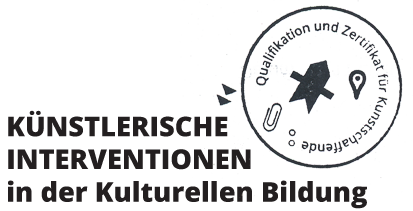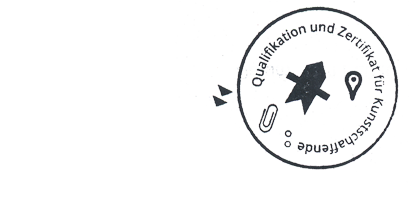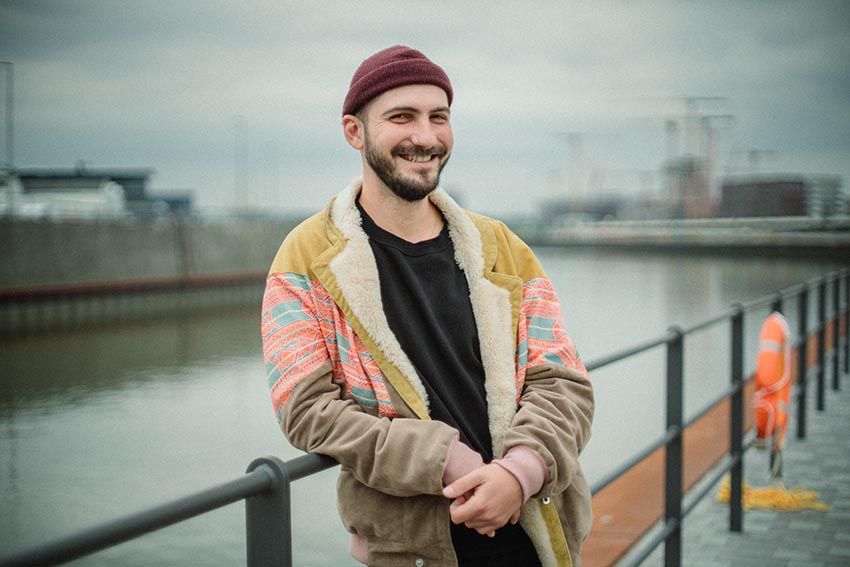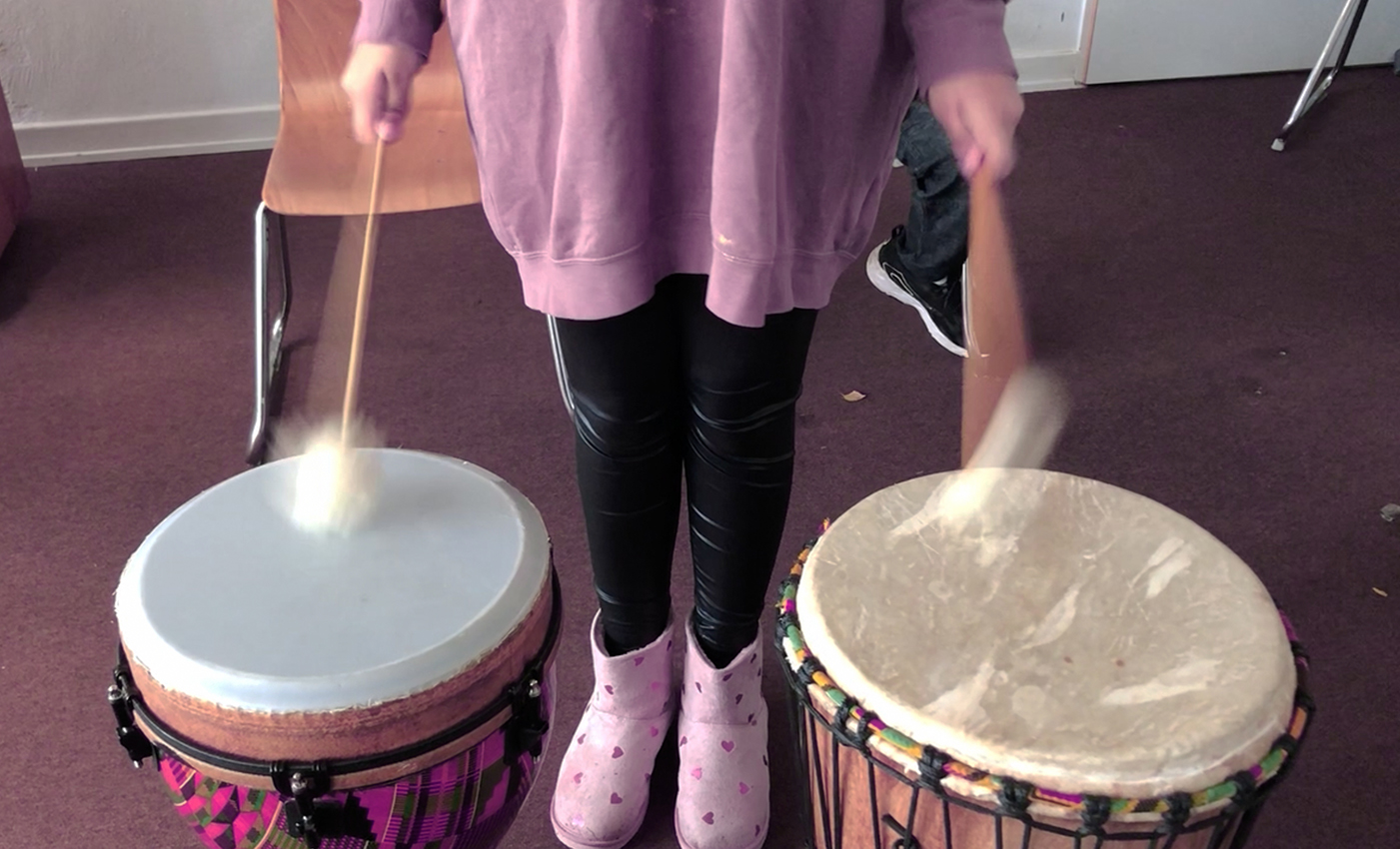



Alexandar Hadjiev was born in in Sofia, Bulgaria, in 1987. He studied the bassoon at the Music Gymnasium L. Pipkov in Sofia and at the Folkwang University of the Arts in Essen. From 2011 to 2012, he was a Fellow of the “Internationale Ensemble Modern Akademie e. V.” (IEMA) in Frankfurt am Main. He is a member of the “MAM. Manufaktur für aktuelle Musik” and a Visiting Musician with the Ensemble Modern. As a composer and performer, Hadjiev is working actively in the field of interdisciplinary performance. In 2014, he founded the Festival 180° – Laboratory for Innovative Art in Sofia, which concentrates on the process of interdisciplinary cooperation between international artists. Hadjiev is actively engaged in the field of arts education, which has a strong influence on his work as an artist.

Alexandar Hadjiev was born in in Sofia, Bulgaria, in 1987. He studied the bassoon at the Music Gymnasium L. Pipkov in Sofia and at the Folkwang University of the Arts in Essen. From 2011 to 2012, he was a Fellow of the “Internationale Ensemble Modern Akademie e. V.” (IEMA) in Frankfurt am Main. He is a member of the “MAM. Manufaktur für aktuelle Musik” and a Visiting Musician with the Ensemble Modern. As a composer and performer, Hadjiev is working actively in the field of interdisciplinary performance. In 2014, he founded the Festival 180° – Laboratory for Innovative Art in Sofia, which concentrates on the process of interdisciplinary cooperation between international artists. Hadjiev is actively engaged in the field of arts education, which has a strong influence on his work as an artist.
KreativLabor (creative laboratory)

The “KreativLabor” (creative laboratory) is an interdisciplinary cultural project at Charles Hallgarten School in Frankfurt am Main. Five artists from the fields of the fine arts, music, literature, drama and dancing work at an interdisciplinary level with special needs pupils of classes five and six on an annual topic for one school-day a week. The topic is chosen according to the focal interests of the pupils. The aim is to integrate everyone in the project and ultimately present the results to a school audience (pupils, teachers and parents).
What have you taken home from this project for your artistic activities?
I learn something new in the KreativLabor every week. The pupils show me music, apps, videos and, most important of all, they communicate their opinion of the world to me. We have exciting discussions which really move me. The topics we discuss turn up again and again in my artistic work, which they highly inspire.
Which topic turns up again and again in your artistic activities?
One recurrent aspect of my work as an artist is “patience”. Over the past 20 years, technology has seen profound developments. Within a matter of seconds, we receive information based on algorithms, which means we need not do so much thinking anymore. For example, there are mathematical calculations determining how music is supposed to sound or what the contents of a film should be. We activate our brains too little and become impatient as soon as we have to think things out for ourselves and find answers to questions. In my work, I try to give the audience much room to rouse their information and motivate them to make a description of their own.
What do you seek to achieve with your arts education activities?
The new generation have a lot to offer, and we ought to take advantage of the opportunity to get to know them. As an artist, my focus is on collaborations and interdisciplinary exchange, and this is how I can also describe the process with young people. We meet up to experiment and share ideas, without actually “learning” anything. As an artist, it is up to me to recognise where an artistic potential lies hidden, and to develop it together with individuals. Very often, the topics of my artistic work and the projects of the youths overlap. I feel that this is very valuable, because it can open up far more perspectives for us. Such processes also promote the self-awareness and creativity of pupils.
What, in your view, is the essence of an artistic intervention in arts education?
History has taught us that art is one of the most important elements in the development of a society. Although nowadays, it is an area which we devote our recreational time to, art surrounds us subconsciously; it can be found everywhere, in every profession and every subject area. Art develops our way of thinking and supports our personal development. I am also convinced that encountering art brings our society more together.